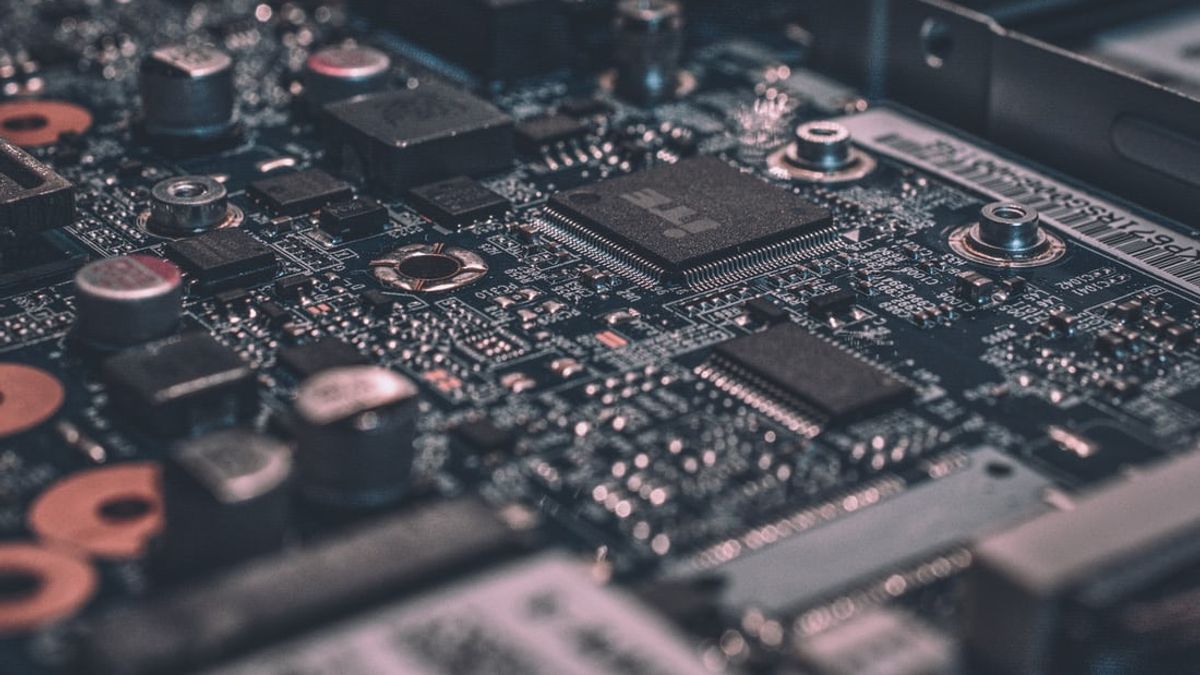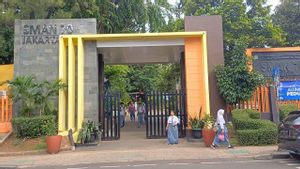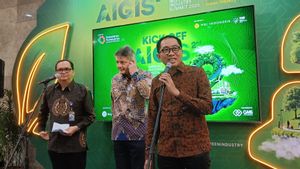JAKARTA - Taiwan Semiconductor Manufacturing Company (TSMC) plans to become a zero-emissions company or net zero carbon by 2050.
The move follows the national net zero strategy announced by Taiwan President Tsai Ing-wen in April. It's no secret that the manufacture of semiconductors uses a lot of energy and resources. A PC is also a big energy eater, and cutting energy consumption is good for the planet.
The majority of pollution from IT products occurs during the manufacturing process. For example, according to a study published by Cornell University last year, nearly three-quarters of the MacBook Air's lifetime emissions come from manufacturing.
Of that figure, integrated circuits account for about half. The same is true for most electronic products, with manufacturing (capex) rather than operational (opex) use responsible for most of the emissions.
TSMC, the world's third-largest chipmaker, wants to change those statistics by 2050. The company also has a near-term goal of zero-emissions growth by 2025, largely through investments in renewable energy and carbon offsets.
"TSMC is well aware that climate change has a severe impact on the environment and humanity. As the world's leading semiconductor company, TSMC must assume its corporate responsibility to face the challenges of climate change," said TSMC Chairman Mark Liu as quoted from Computing, Wednesday, September 22.
Semiconductor manufacturing is very energy-intensive, and TSMC has no qualms about using it. It is known to consume nearly five percent of Taiwan's current total power. Greenpeace Taiwan estimates that figure will reach 7.2 percent by 2022, when the company activates its 3nm fabrication.
Less than 20 percent of TSMC's power comes from renewables and nuclear today. But TSMC has found a solution. Earlier this year for example, the company committed to purchasing all output from a new 920MW wind power plant in the Taiwan Strait, due for completion by 2026, over 20 years. This is a significant step, but given TSMC's massive power consumption, it will have to do a lot more to achieve net zero.
Apple, one of TSMC's largest clients today, aims to have a clean zero emission supply chain by 2030, which is about 20 years ahead of TSMC's promise. So the two will be discussing what their options are at some point in the near future.
Of course, it's not just TSMC or Apple that bears the responsibility here. But every technology company has a big role to play in reducing CO2 emissions worldwide, and at least TSMC's promise shows that there's no reason not to take carbon footprints seriously. If semiconductor manufacturers can reduce emissions, so can anyone.
The English, Chinese, Japanese, Arabic, and French versions are automatically generated by the AI. So there may still be inaccuracies in translating, please always see Indonesian as our main language. (system supported by DigitalSiber.id)













